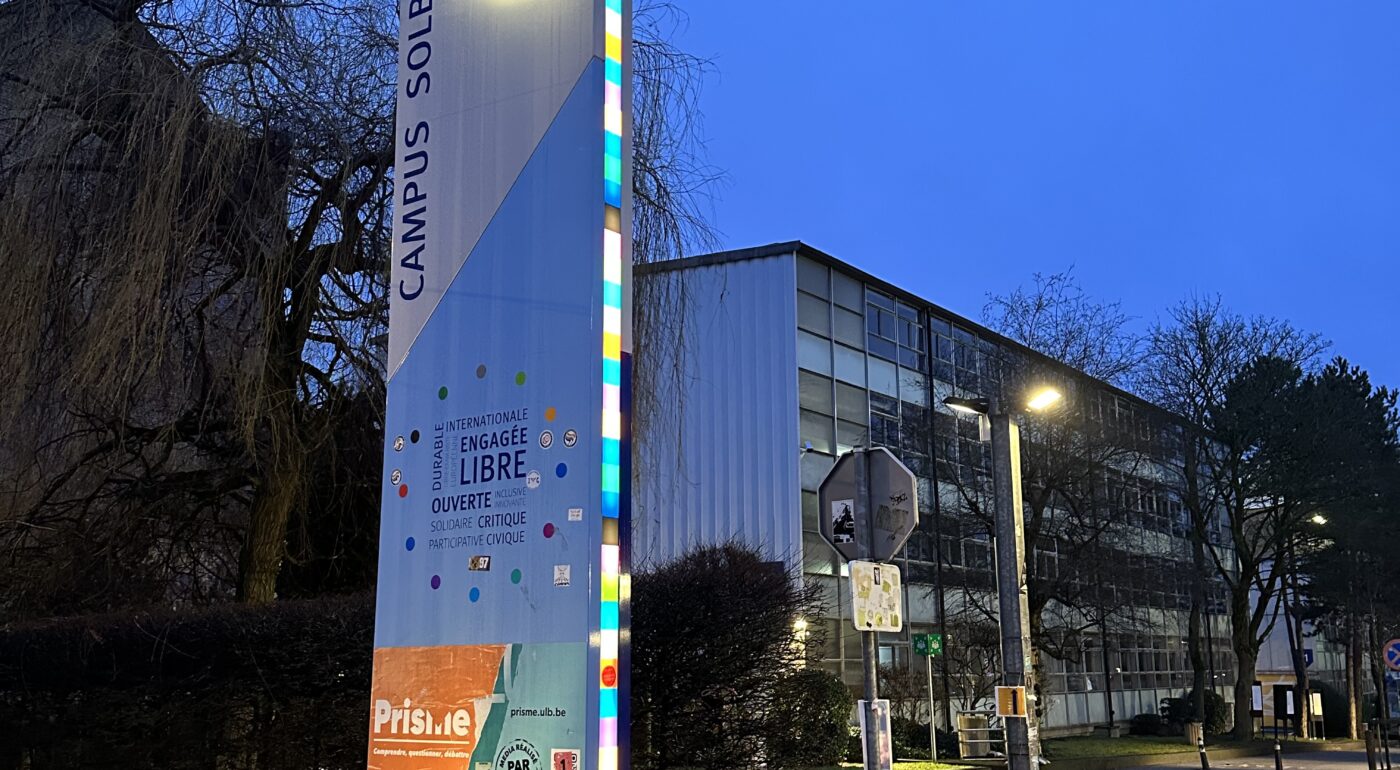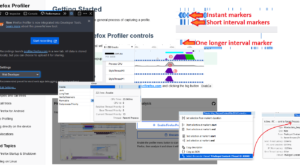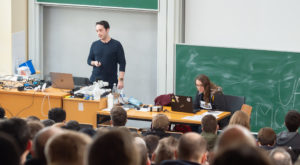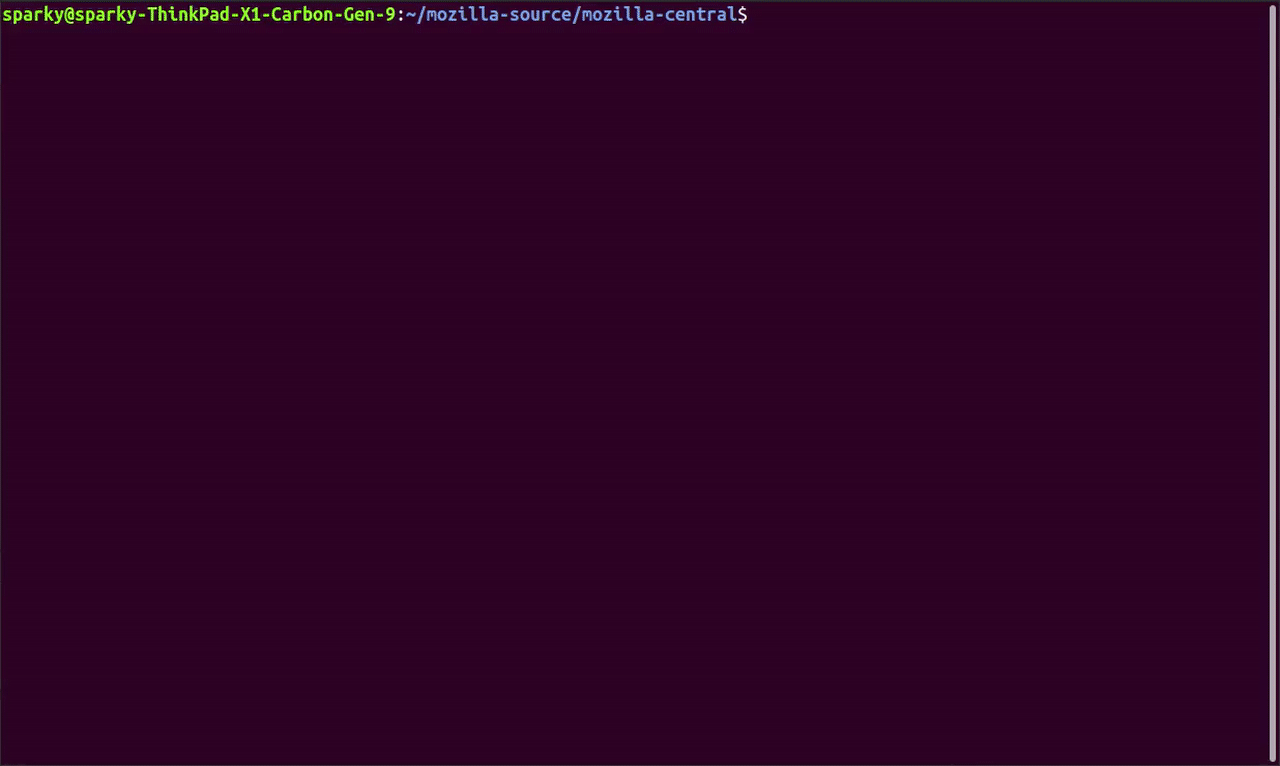FOSDEM (Free and Open Source Software Developers’ European Meeting) is one of the largest gatherings of open-source enthusiasts, developers, and advocates worldwide. Each year there are many focused developer rooms (devrooms), managed by volunteers, and this year’s edition on 3-4 February saw the return of the Web Performance devroom managed by Peter Hedenskog from Wikimedia and myself (Dave Hunt) from Mozilla. Thanks to so many great talk proposals (we easily could have filled a full day), we were able to assemble a fantastic schedule, and at times the room was full, with as many people standing outside hoping to get in!
Dive into the talks
Thanks to the FOSDEM organisers and preparation from our speakers, we successfully managed to squeeze nine talks into the morning with a tight turnaround time. Here’s a rundown of the sessions:
1. The importance of Web Performance to Information Equity
Bas Schouten kicked off the morning with his informative talk on the vital role web performance plays on ensuring equal access to information and services for those with slower devices.
2. Let’s build a RUM system with open source tools
Next up we had Tsvetan Stoychev share what he’s learned working on Basic RUM – an open source real user monitoring system.
3. Better than loading fast… is loading instantly!
At this point the room was at capacity, with at least as many people waiting outside! Next, Barry Pollard gave shared details on how to score near-perfect Core Web Vitals in his talk on pre-fetching and pre-rendering.
4. Keyboard Interactions
Patricija Cerkaite followed with her talk on how she helped to improve measuring keyboard interactions, and how this influenced Interaction to Next Paint, leading to a better experience for Input Method Editors (IME).
5. Web Performance at Mozilla and Wikimedia
Midway through the morning, Peter Hedenskog & myself shared some insights into how Wikimedia and Mozilla measure performance in our talk. Peter shared a some public dashboards, and I ran through a recent example of a performance regression affecting our page load tests.
6. Understanding how the web browser works, or tracing your way out of (performance) problems
We handed the spotlight over to Alexander Timin for his talk on event tracing and browser engineering based on his experience working on the Chromium project.
7. Fast JavaScript with Data-Oriented Design
The morning continued to go from strength to strength, with Markus Stange demonstrating in his talk how to iterate and optimise a small example project and showing how easy it is to use the Firefox Profiler.
8. From Google AdSense to FOSS: Lightning-fast privacy-friendly banners
As we got closer to lunch, Tim Vereecke teased us with hamburger banner ads in his talk on replacing Google AdSense with open source alternative Revive Adserver to address privacy and performance concerns.
9. Insights from the RUM Archive
For our final session of the morning, Robin Marx introduced us to the RUM Archive, shared some insights and challenges with the data, and discussed the part real user monitoring plays alongside other performance analysis.
Beyond the devroom
It was great to see that the topic of web performance wasn’t limited to our devroom, with talks such as Debugging HTTP/3 upload speed in Firefox in the Mozilla devroom, Web Performance: Leveraging Qwik to Meet Google’s Core Web Vitals in the JavaScript devroom, and Firefox power profiling: a powerful visualization of web sustainability in the main track.
Acknowledgements
I would like to thank all the amazing FOSDEM volunteers for supporting the event. Thank you to our wonderful speakers and everyone who submitted a proposal for providing us with such an excellent schedule. Thank you to Peter Hedenskog for bringing his devroom management experience to the organisation and facilitation of the devroom. Thank you to Andrej Glavic, Julien Wajsberg, and Nazım Can Altınova for their help managing the room and ensuring everything ran smoothly. See you next year!


















No comments yet
Comments are closed, but trackbacks are open.